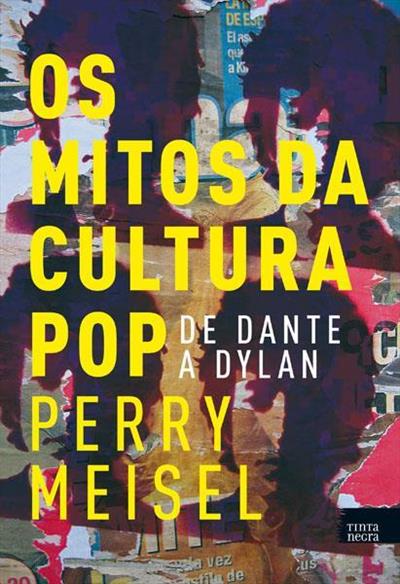Discerning teens will have told you a year ago or more that the s(t)eamiest p--k band in town is the Stimulators, a (naturally) Ramones-dented nuke/trash riot quartet guaranteed to make you feel nuts even on a lousy night. Singer Patrick Mack has to peel his flesh off the equipment after every gig - just last Saturday at Irving Plaza it melted into the machinery along with his voice. Meanwhile Harley Flanagan, legendary 14-year-old drummer, drove 'em through endless recrossings from five-chords to tonics, pounding your brains till they splattered against the nearest wall or person (the greatest tunes were "Run, Run, Run," "Crazy House Rock," and "Loud Fast Rules"). Some reggae/ska stompers intimated relief ("Blind Ambition," "Sick of George"), but picked up to curdling p--k excoriation before you could straighten your tie.
If the Ramones reduced rock and roll to three chords, the Stims go one better - they transistorize three down to two, minimalizing the minimal (rather than repeating it, like co-billed El Lay Circle Jerks). Almost another rhythm instrument, Pat Mack white-wines down from the five-chord to the one in virtual unison with guitarist Denise Mercedes - not (as in most bands) against it. That leaves skinhead Harley as the real solo presence, his heavy counterrhythms the sole/soul projectile in this post-Auschwitz vortex of a band. And if the Ramones affect affect (see "I'm Affected") - intentionally confusing the difference between feeling and affectation - the S(t)imulators simulate simulation. Not as farce (no sterile formalism here), but as a critical act of intemperate power - real rock and role. Like Mondrian or Gertrude Stein, it may look dumb, but it ain't.
Originally published in The Village Voice, June 17 - 23, 1981



